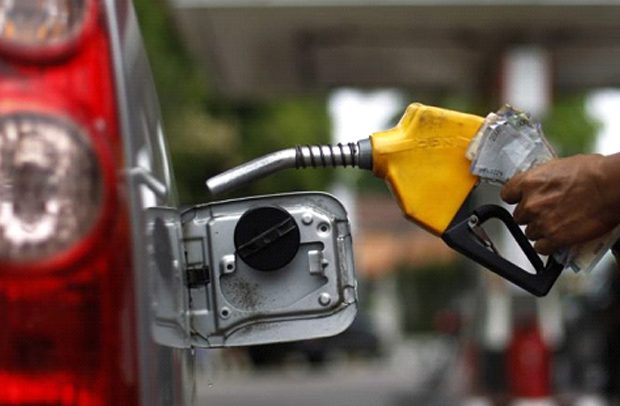THE CHAMBER of Petroleum Consumers Ghana (COPEC) has predicted the upward movement of fuel prices starting today, March 16, 2022.
According to the entity, diesel may sell at over GH¢10 per litre while petrol will cross GH¢9.
“The petroleum price indicators as published by the NPA shows that the price of gasoil (diesel) will increase by 30.41% from GH¢8.22 per litre in this current window to GH¢10.721 per litre beginning 16th March 2022 and ex-pump prices of Gasoline (petrol) will increase by 18.25% from GH¢8.22 per litre to GH¢727 per litre within the same period,” it said in a statement.
COPEC attributed its prediction on the rising cost of crude on the international market and the cedi which is currently depreciating among major trading currencies.
It said the free-on-board prices of petrol increased by 19.28% from $917.48 per metric tonnes (mt) to 1094.33/mt, diesel by 34.57% from $845.50/mt to $1137.78/mt and LPG by 17.42% from $845.93/mt to $993.25/mt between the first pricing window (1st-15th March 2022) and the second window (16th -31st March 2022).
COPEC has also noted that the cedi has seen a sharp depreciation against the dollar by 9.71% from GHS6.8360 to GHS7.500 to a dollar.
In addition, the ex-pump prices of LPG will also increase by 23% from GHS9.8 per kilogram in this current window to GH¢12.04 per kg in the next window beginning March 16, 2022.
“This implies that a 14.5 kilogram will be sold at GH¢174.58,” COPEC added.
Prices of fuel have gone up at the pumps across the country because the Price Stabilisation and Energy Recovery levy, which is a key component of the fuel price build-up, has been restored by the National Petroleum Authority (NPA) after it was suspended for about three months.
The levy was suspended last year as a means of reducing the burden on consumers.
Already, COPEC has called for the withdrawal of the levy and has now urged the government to adopt the dual pricing module to stabilise fuel prices and the accompanying economic difficulties.
BY Jamila Akweley Okertchiri


